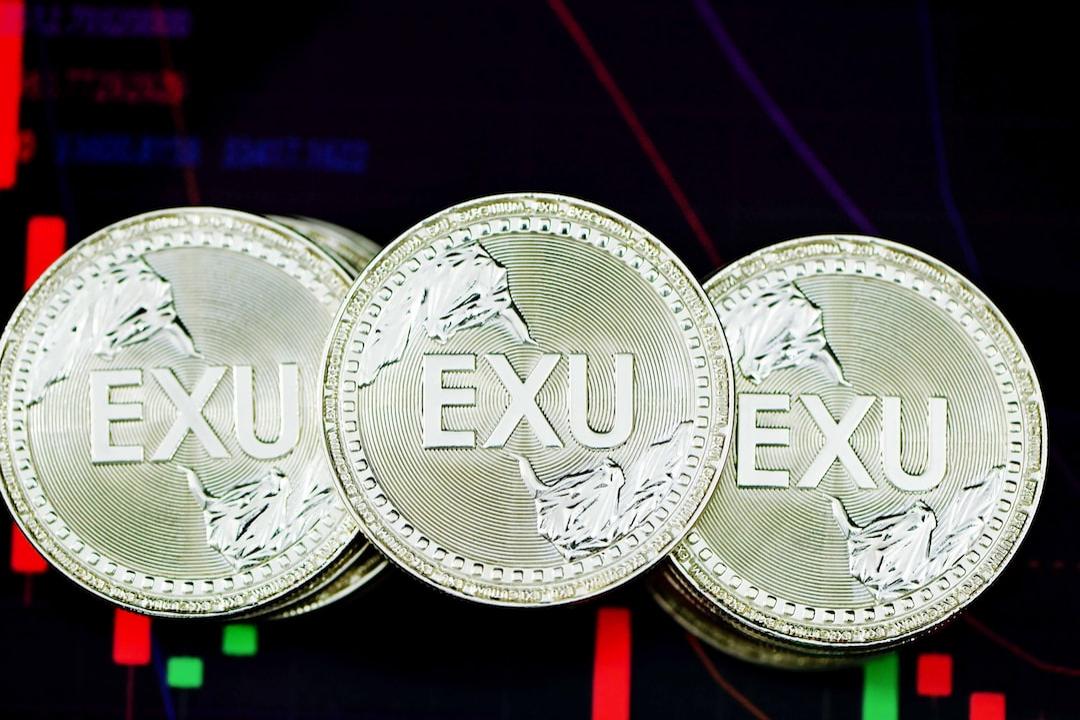Solana has significantly outperformed Ethereum in terms of trading volume across decentralized exchanges (DEXs). According to data from DefiLlama, Solana’s 24-hour trading volume reached a staggering $6.24 billion, dwarfing Ethereum’s $850 million over the same period. This marks a major achievement for Solana, showcasing its growing dominance in the DEX market.
Raydium Takes the Lead in Solana’s DEX Ecosystem
A significant portion of Solana’s trading volume surge can be attributed to Raydium, an automated market maker (AMM) operating on the Solana blockchain. Raydium alone recorded an impressive $4.2 billion in 24-hour trading volume, positioning itself as a top player not just within Solana’s ecosystem but across the broader DEX market.
In comparison, Uniswap, the largest decentralized exchange on Ethereum, managed to log $1.52 billion in daily trading volume. Despite being a dominant force on Ethereum, Uniswap’s volume is significantly lower than Raydium’s, highlighting Solana’s growing traction among traders seeking lower fees and faster transaction times.
Solana-Based DEXs Dominate the Market
The surge in Solana’s trading volume isn’t limited to Raydium. Other Solana-based decentralized exchanges like Orca and Aerodrome Finance have also made their mark. Orca, known for its user-friendly interface and efficient trading mechanisms, recorded a volume of $1.07 billion, while Aerodrome Finance achieved $712 million in daily trading volume. These impressive numbers have placed both platforms among the top five DEXs in terms of trading activity.
Overall, Solana boasts five decentralized exchanges that have surpassed the $100 million mark in daily trading volume, underscoring its growing influence in the DeFi space. This rise is particularly notable given the competitive nature of the market, where Ethereum has traditionally held a dominant position.
Weekly Performance Puts Solana Ahead of Ethereum
Solana’s strong performance isn’t just a 24-hour phenomenon. Over the past week, the blockchain’s DEX trading volume managed to surpass not only Ethereum’s figures but also those of all layer-2 solutions combined. This achievement indicates a broader trend of traders gravitating towards Solana’s ecosystem, likely drawn by its scalable infrastructure and lower transaction costs.
The impressive trading volume has also had a positive impact on Solana’s native token, SOL. Following an 18% price rally in the past week, Solana’s market cap has re-entered the $100 billion club, currently standing at approximately $116 billion. This resurgence highlights investor confidence in Solana’s long-term potential, particularly as it continues to capture market share from Ethereum.
Solana’s Focus on User Experience Sets It Apart
Cryptocurrency educator Cygaar recently shared insights on why Solana is seeing such rapid growth. According to him, Solana’s emphasis on user experience and app development has been a key factor in its success. Unlike Ethereum, which tends to focus heavily on infrastructure and technical improvements, Solana prioritizes creating applications that offer tangible benefits to everyday users.
“I’ve said this multiple times, but a huge reason why Solana is doing well is because they focus heavily on apps and user experiences,” Cygaar noted. “Ethereum culture still revolves around infra too much. Users aren’t interested in technical jargon; they want real apps that they can use.”
This focus on user-friendly applications has attracted a larger user base to Solana’s ecosystem, making it a preferred choice for traders and developers looking for a seamless and efficient blockchain experience.
Ethereum’s Modest Growth in Contrast
While Solana has been making headlines with its impressive trading volumes and market cap gains, Ethereum has seen more modest growth. Ethereum’s market cap currently stands at $380 billion, but the recent price increase has been minimal, with only a 0.5% uptick reported. The slower growth could be attributed to ongoing concerns about network congestion and higher transaction fees, which continue to be a pain point for many users.
Despite these challenges, Ethereum remains a key player in the crypto space, especially given its extensive ecosystem of DeFi applications, NFTs, and layer-2 scaling solutions. However, the recent surge in Solana’s activity indicates a shift in market dynamics, with traders and developers exploring alternatives that offer faster transactions and lower costs.
What’s Next for Solana and Ethereum?
As Solana continues to close the gap with Ethereum in terms of DEX trading volume, the rivalry between the two blockchains is expected to intensify. Solana’s rapid ascent highlights its potential to disrupt Ethereum’s dominance, especially if it can maintain its focus on enhancing user experience and scaling its network effectively.
Looking ahead, it will be interesting to see how Ethereum responds to Solana’s challenge. With the upcoming Ethereum 2.0 upgrades aiming to address scalability and reduce fees, the battle for dominance in the DeFi space is far from over.
Investors and traders will be closely watching the performance of both blockchains, as any significant developments could influence market trends and trading behavior. For now, Solana’s impressive trading volumes and user-focused approach have positioned it as a formidable competitor in the crypto market.
Post Views:
1
Subscribe to Updates
Get the latest creative news from FooBar about art, design and business.

